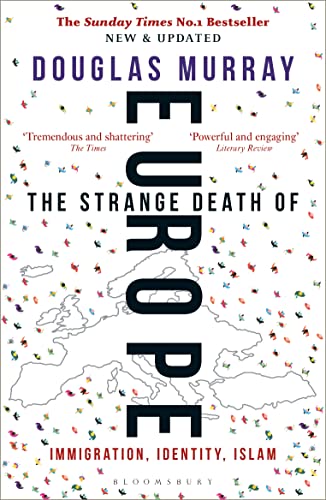Beliefs, non-beliefs, just a random set of posts, but never controversial and never, ever wrong! It is amazing the diversity of Christian belief all claimed to be based on Scripture. That should tell us something about what God is looking for, and it does not seem to be ‘correctness’. The law and the prophets hung on two commandments, and I suspect the newer covenant likewise. It would be easier at one level if it all hung on right beliefs, but I guess given the huge amount of disagreement we might all come a cropper. And centring everything in on love for God and for those close and those far just highlights that I do not need greater understanding simply a bigger space for yieldedness to the Holy Spirit.
So randomly let me jump to the new heaven and new earth. ‘In the beginning (when) God created…’ I love that chapter with its major opposition to similar creation myths from the surrounding cultures. In it certain aspects of science might not be ‘corrected’ but deviant views of the divine certainly are. The whole of creation as a Temple, a place where God dwells and the image not made of wood or stone but of the very dust of the earth that is inbreathed by God. So profound – earthly creatures, image of God.
Those two elements are intrinsic to humanity and when we lose either it seems to me that we fall short of the glory of God – when we lose either or treat people as less than either we ‘sin’: miss the mark of being human. The wonder of the encounter with Jesus is that we no longer see anyone according to previous culture-shaped categories. Of the earth – super-spirituality is not something to be admired nor intimidated by, and we see in Paul a hesitation to talk about experiences that were clearly ‘other worldly’. We are of the earth and have a wonderful calling to be access points for heaven to touch this world. We are inbreathed by the Spirit to become resources for anyone that comes across our path (I am thinking currently about ‘presence’ being a better way to describe our calling rather than ‘power’).
It is strange that many people have this belief of the future is some sort of disembodied life in heaven without the physicality of either body or creation. Such a view suggests God began something and then seems to give up on the conclusion of that ‘project’. [Heaven and earth is a ‘merism’ for the whole of creation. A merism is something that takes the extremes and includes everything in between – I searched ‘high and low’ does not mean I did not search in the ‘middle’!] ‘I saw a new heaven and a new earth’ (and with the sense of ‘re-newed’: kainos not neos being the adjective). We pray for the coming of the ‘kingdom’ to earth… Jesus prayed that God would not take us out of here… we hope for the regeneration of all things… Jesus is the firstborn of all creation…even the trees of the fields will clap their hands – a sign of true liberation from the bondage that creation has been subjected to.
‘Going to heaven’ is not a biblical hope, but one day that every tear will be wiped away, death will be no more, and God will dwell with us (if we think of a move it is not from ‘here’ to ‘there’ but from ‘there’ to ‘here’). To live in a way that fits with that hope is surely the first step in being ready to give an answer for the hope that is within us? [An Aside: there is one NT passage – with a bad translation, actually with a Greek verb that was changed in a later strand of manuscripts, from the ‘works in the earth being found / disclosed’ to the ‘works being destroyed’. Changed because with a view that came into Christianity of the devaluation of creation, it made no sense to have ‘works being found’… even some manuscripts don’t change the verb but add ‘not’ in front of it (‘not found’)!! Bad translation, change of verb by a scribe aside… Peter has already said that the former world was destroyed by water (the flood) and at the final judgement creation will be totally ‘destroyed’ by fire in the sense of totally and completely purified in a way the flood could not achieve.]
I don’t intend to pick up a course on harp playing so that I might get a starring role in the heavenly world, I personally would like a long life here as it seems that being here is the place of leverage to contribute to change (to the works that will on that day be disclosed). The transition from this age to that age does not appear to be an evolution for the new Jerusalem (a symbol both for the people of God and the whole of the new creation) has to come down, not rise up – there has always been a rival city that seeks to rise up – but if the works that come through the fire are the building blocks for the future surely there has to be some measure of random evolution in our world. To contribute to that future would be wonderful. To have the hope of going to heaven when I die would be a little less than a response to the opening verses of Scripture.
My hope is ‘he comes’ not ‘I go’. That we all together see a ‘new heaven and a new earth’. Between then and now? A contribution, maybe a tiny one, to a new creation and a new humanity.

